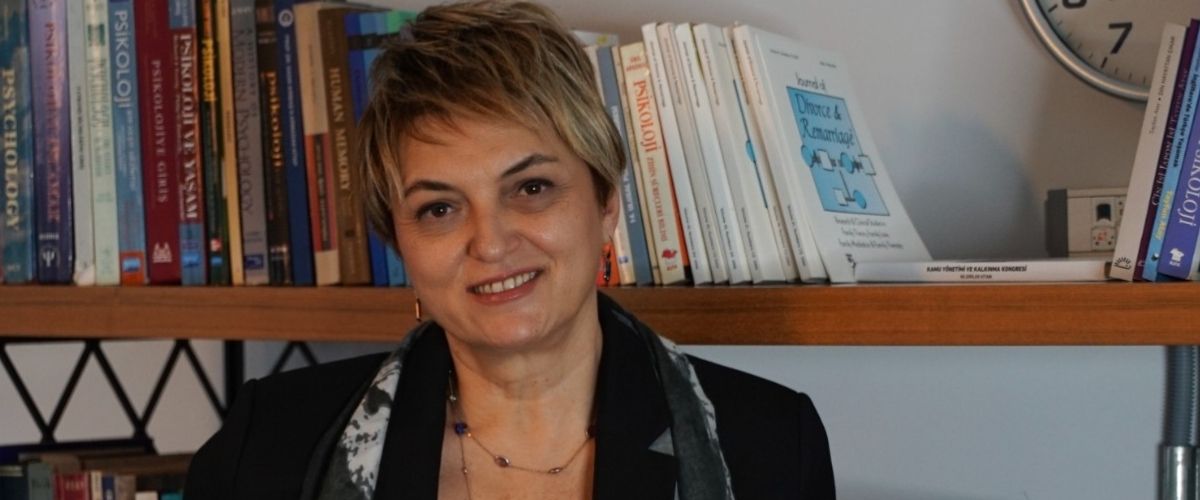Anorexia: Silence of the body, scream of the soul
Altınbaş University Faculty of Economics, Administrative and Social Sciences faculty member Prof. Dr. Dilek Şirvanlı Özen discussed the issue of anorexia, which has recently started to be discussed again in the public.
Altınbaş University Faculty of Economics, Administrative and Social Sciences faculty member Prof. Dr. Dilek Şirvanlı Özen discussed the issue of anorexia, which has recently started to be discussed in public again, in a social and emotional framework beyond an individual discomfort.
Prof. Dr. Özen emphasized that the body is not only a physical entity, but also a narrative that bears the traces of experiences, repressed emotions and unheard needs. "The body sometimes becomes the carrier of pain that cannot be turned into words. One thinks that it will become visible as it shrinks. However, most of the time it gets even more lost," she said, drawing attention to the psychological dimension of body perception.
Social media and the pressure of visibility
Stating that today's young people are struggling with the pressure of being visible in the digital world beyond growing up, Özen said that idealized body images on social media create a serious identity pressure on young people. Stating that this situation makes the body a burden rather than a means of expression, Özen said, "However, the body is the first language of the soul. And most of the time, it is the first to tell what is going on," he said.
A social perspective on eating disorders
Emphasizing that eating disorders such as anorexia cannot be considered only as individual psychological problems, and that society, cultural norms and family structure also play an important role in this picture, Özen pointed to the social responsibility by saying, “A young person shoulders not only his/her own burden, but often what we cannot carry.”
“We should focus on the invisible, not the visible”
Prof. Dr. Dilek Şirvanlı Özen emphasized that the first step in solving such problems is to try to understand instead of judging, and called for empathy and awareness:
"We need to learn to see, not to look. We need to return not only to the bodies of others but also to our own bodies. In order not to miss the signs of fragility, to hear the voice in the silence."


